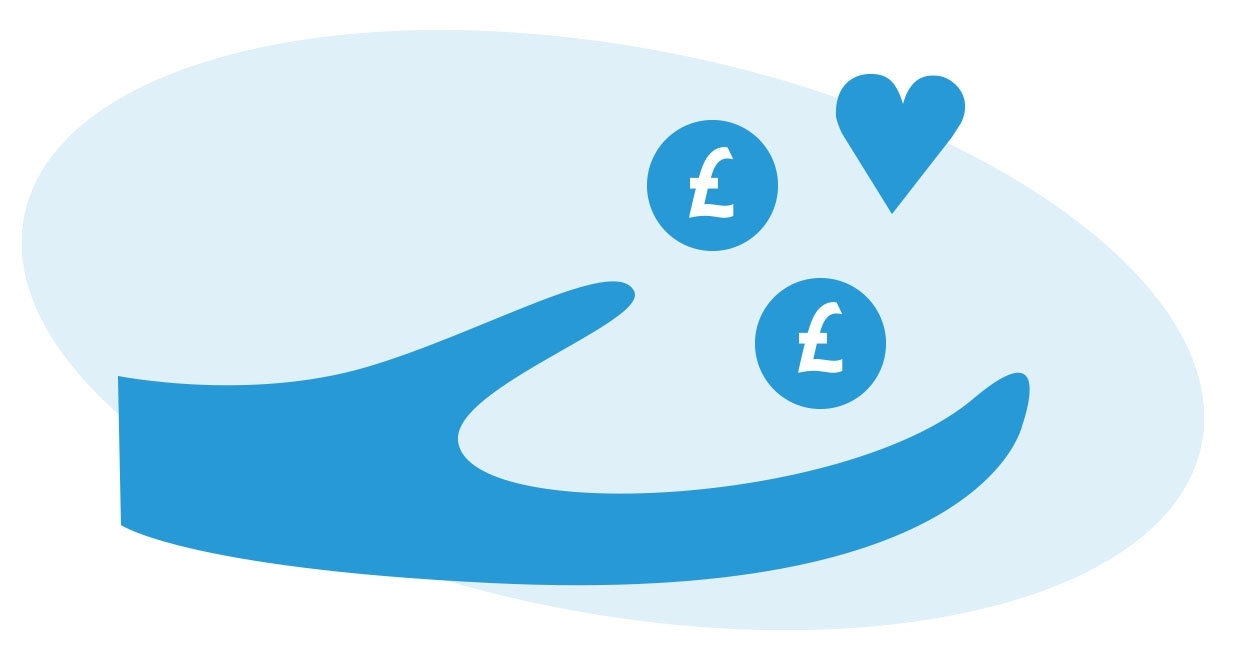For a moment, step out of the professional and into the personal, and answer this question – are you a loyal customer?
More specifically, do you value any retail brands highly enough to shop from them, time after time? Perhaps you swear by the delivery and early-deal benefits of being an Amazon Prime member, or flash your supermarket loyalty card at every opportunity to add points to the pile? Either way, you’re not alone – recent YouGov research found that three quarters of us are members of a loyalty programme.
Admittedly, schemes like this are rarely likely to make or break your decision to buy – retailers have to get everything else right first, from quality and range to price and service, before loyalty initiatives even register. But few would deny that they’re nice to have, and, from the business’ POV, they’re proven to drive sales.
Applied correctly, small gestures of appreciation can go a long way. In his book, The Psychology of Price, Leigh Caldwell writes: “People who have been given some unconditional gift or assistance are likely to reciprocate by spending more money in return, or making a purchase they might not otherwise have made.”
B2C customer loyalty schemes might seem detached from the sort of trading that goes on in the B2B world – we tend to be handling other people’s money, for a start – but many of the psychological factors involved surely apply to both.
We’re all people, after all, doing business with other people. And (Brexit aside, for now) we love getting a good deal.
Take the hospitality that’s offered when you visit a trade show. It might be free parking, discounted hotel rates, or a free lunch (I once attended an exhibition where snacks were dispensed through the aisles by bicycle-drawn carts!). Alone, these might not be a deciding factor in ensuring attendance, but there’s a cool logic to making visitors’ days as free of unnecessary expenditure as possible, perhaps leaving them better disposed towards striking those bigger deals on the floor, and more likely to pay the event a return visit next year.
Or consider another anecdote I heard, about an independent retailer who, a few days after each big purchase, sends the customer a bunch of flowers, wishing them well with their new furniture. It seems such a small gesture, and the costs involved must be minimal – but it struck me how such a warm, unexpected action could help create real feelings of loyalty towards that store.
Perhaps you offer customers coffee while they browse, or send them money-off vouchers on their birthday. Maybe you pledge to give a little back to charity with each sale, or you have your own version of a loyalty card. It all helps.
In an industry where it can take a while for any repeat business to come through, it can be easy to overlook the importance of engendering customer loyalty. But, recognising that it’s generally easier (and cheaper) to retain customers than to find new ones, surely it makes sense to go that extra mile to look after them?
Adding value to your business transactions doesn’t have to break the bank. Just consider how brands manage to secure your loyalty as a consumer (and as a person!), then find a version of that which works for you and your customers.







